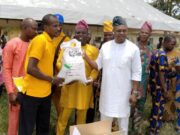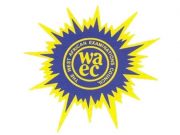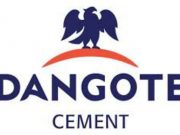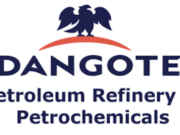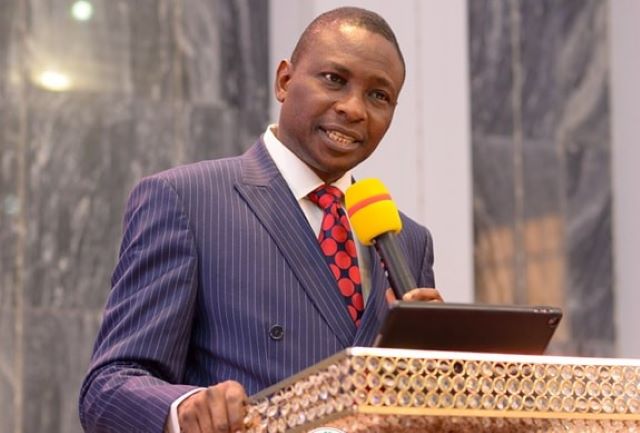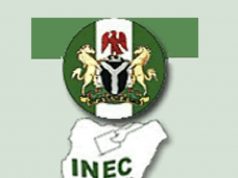The Chairman of the Economic and Financial Crimes Commission, EFCC, Mr Ola Olukoyede has stated that the country was recording substantial progress in the anti-corruption fight and urged all stakeholders to strive to do even more.
He made the observation during the week at a public presentation of the report on the review of six years of Transparency Corruption Perception Index (TI-CPI) Assessment on Nigeria, covering from 2019 to 2024, held at the NAF Conference Centre Suites, Jahi, Abuja.
According to him, “There is no gainsaying the fact that in the last one year, the major stakeholders in the anti-corruption environment, including the legislature, executive and the judiciary have made substantial progress in our fight against corruption. Nobody is going to deny that.”
While evaluating the anti-corruption fight, the EFCC chairman, noted that the Commission has made tremendous success in the areas of arrest and prosecution and asset recovery which he said Transparency International may not have factored in, in its report.
“TI may not capture that, but we must drum it up because they do not know that we have made progress. I am not sure there is anywhere in the world with a record of a single real estate recovery in the magnitude of what we recovered last year in the EFCC. We recovered 753 apartments of various sizes in one single effort, not even FBI, not anywhere, not even America. That was a major leap.
“In a single operation, we arrested over 790 suspects including 194 foreigners that included Europeans. Some of the countries that have better ratings than us in the TI rating their citizens were arrested by us carrying out fraud in Nigeria. We have started their arraignment, we will see to the conclusion of their cases. We need to maintain the tempo, we need to encourage ourselves; we need to make people play by the rules, scale up our activities and ultimately we will get there. Whether they give us substantial ratings or not, what is important is that we are improving,” he said.
In spite of the successes, Olukoyede urged stakeholders in the anti-corruption fight to show more interest in adding value to the economic and social lives of Nigerians and pay less heed to corruption perception index ratings by international organisations.
“For us as Nigerians we must be more interested in adding value to our economic and social lives than getting discouraged by any international rating because if we don’t do that, it will be a problem for us. Whatever we are going to do, the priority should be to improve on our processes to add value to ourselves as Nigerians. If we do the right thing, the international community will come here and copy from us,” he said.
On his part, the Chairman, Nigeria Extractive Industries Transparency Initiative (NEITI), Dr. Orji Ogbonnaya Orji urged stakeholders in the anti-corruption fight to intensify their efforts towards consolidating on the progress so far made. “Strengthening enforcement and sanctions, both visible and decisive actions against corruption cases with emphasis on asset recovery, deterrence and judicial efficiency are needed at this time. It is important to enable key stakeholders’ engagement, increase collaboration among anti-corruption agencies, civil society organizations, the media, and international development partners to reinforce accountability mechanisms,” he said.
He specially lauded the new vigour which the EFCC has put in in the anti-corruption fight. “In this direction, NEITI wishes to publicly commend the renewed courage of the EFCC to make use of available data and information that is available. Most times we see them taking on very difficult tasks and very complex battles. We need to support them and encourage them because it is not a very easy job. We urge the EFCC and its team not to relent,” he said.
In her remarks, the Head of Technical Unit on Governance and Anti-corruption Reforms (TUGAR), Mrs. Jane Onwumere noted that the TI-CPI was an annual ranking, published by Transparency International which assesses the perceived levels of corruption in the public sector across 180 countries and territories.
According to her, “It seeks to measure levels of corruption using 13 independent assessments, conducted by 12 global governance institutions. Each country’s score is a combination of at least three data sources drawn from the 13 different corruption surveys. It is important to note that it is an assessment of perceived levels of corruption and not an actual assessment of the effectiveness of the work of anti-corruption agencies.”
Packaged by Emmanuel Okafor






